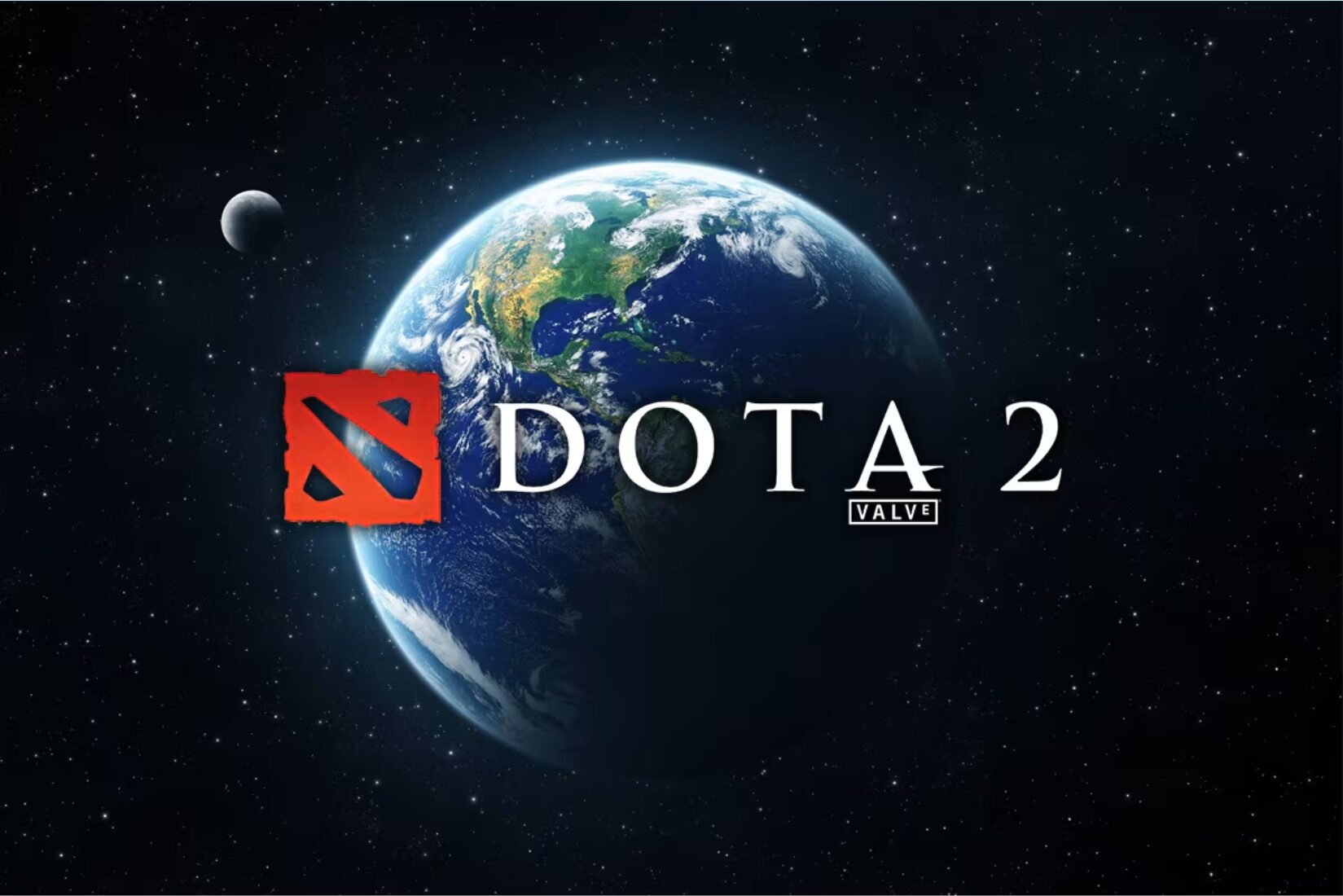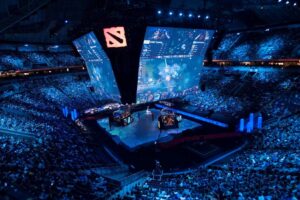Match predictions in Dota 2 have evolved into a social activity that connects fans across platforms like Twitch, Discord, and Reddit. Dota2 match prediction tips are not only about numbers—they reflect community insights, fan debates, and shared strategies. Fans engage by analyzing team trends, drafting patterns, and player performance while contributing to conversations that help others refine their own predictions. Predictions have become part of the tournament experience itself, giving fans a sense of involvement and ownership, while also encouraging the exchange of insights that blend both data and intuition. This social interaction ensures that forecasting becomes a participatory, community-driven practice rather than a solitary exercise.
Quick Look
Core Factors Considered by Fans When Predicting Matches
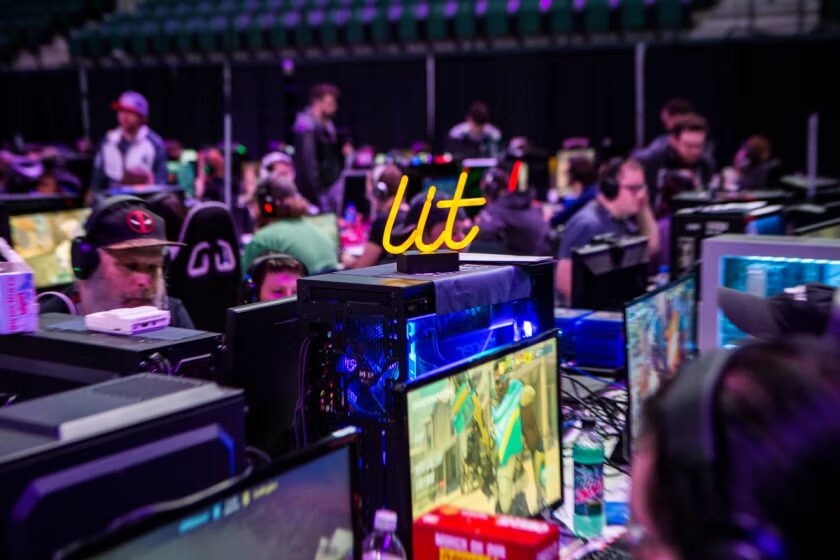
Source: Game For Giving
Community-driven predictions often rely on a mix of measurable stats and qualitative observation. Important factors include:
- Team Momentum: Evaluating recent wins, losses, and the ability to perform under pressure.
- Player Performance: Core and support player consistency, hero pool variety, and adaptability to changing patches.
- Draft and Strategy Trends: Comfort picks, synergies, counter picks, and meta-related advantages.
- Head-to-Head Records: Rivalries and past match outcomes that influence psychological edges.
- External Factors: Venue conditions (LAN vs online), travel fatigue, and regional style differences.
By combining these elements, fan predictions gain depth, reflecting not just numbers but nuanced understanding of gameplay and meta dynamics.
Tools and Platforms That Empower Fans – Dota2 match prediction tips

Fans today have access to multiple resources that make prediction both data-driven and interactive:
- Official Statistics Sites: Dotabuff, Stratz, and Spectral Stats offer detailed insights on hero win rates, player stats, and team trends.
- Prediction Platforms: Tips.gg, EGamersWorld, and bo3.gg combine community input with pre-match odds and analytics.
- AI-Powered Analytics: Machine learning models incorporate draft data, historical outcomes, and player stats to calculate win probabilities.
Community Tip: Many fans combine these tools with real-time discussions on Twitch or Discord, creating a collaborative ecosystem where community insights refine data-driven predictions.
Step-by-Step Guide to Community-Informed Predictions – Dota2 match prediction tips
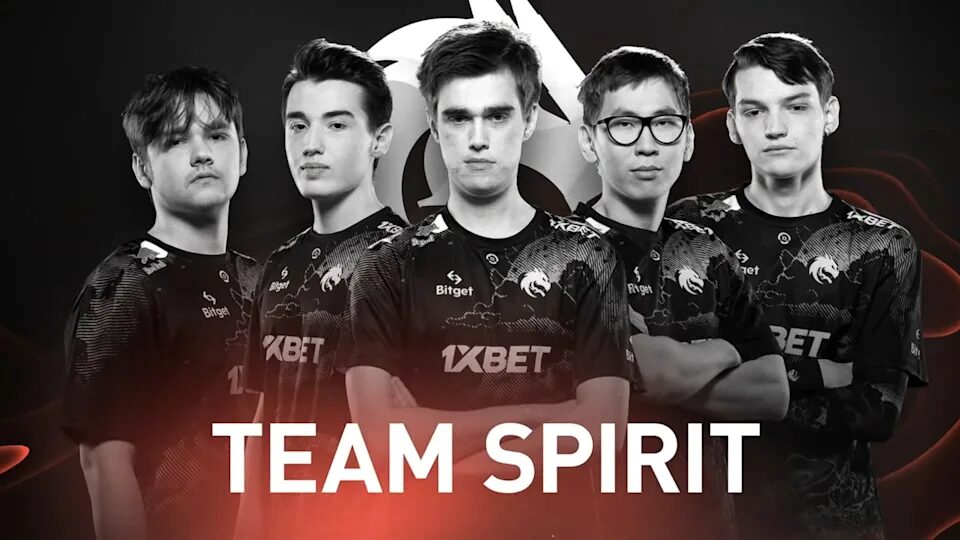
A structured methodology helps fans make informed predictions while engaging with the community:
- Track Team Form: Review recent performance trends and tournament consistency.
- Analyze Player Metrics: Examine core vs support roles, hero pool depth, and adaptability.
- Evaluate Draft Potential: Identify comfort picks, counters, and team synergies.
- Consider Historical Matchups: Use past encounters and rivalries for additional context.
- Factor Contextual Variables: Series format (BO1, BO3, BO5), travel, and venue.
- Identify Undervalued Teams: Community discussions often highlight underdogs overlooked by stats.
Point Form Insight: Fans often spot trends that official analysis misses, such as:
- Off-meta heroes suddenly dominating minor tournaments.
- Unique synergy combinations emerging in patch-specific metas.
- Shifts in drafting strategy that influence early-game tempo.
This structured approach ensures predictions are both data-informed and socially aware, balancing analytical rigor with community knowledge.
Common Mistakes in Fan Predictions

Even engaged communities can make recurring errors:
- Following Hype Instead of Stats: Popular teams may receive disproportionate attention.
- Overlooking Patch Changes: Recent updates can significantly alter hero effectiveness and strategy viability.
- Focusing on Single Players: One star player rarely outweighs overall team coordination.
Awareness of these pitfalls improves both the quality of community discussion and the accuracy of predictions.
Real Examples from TI 2025
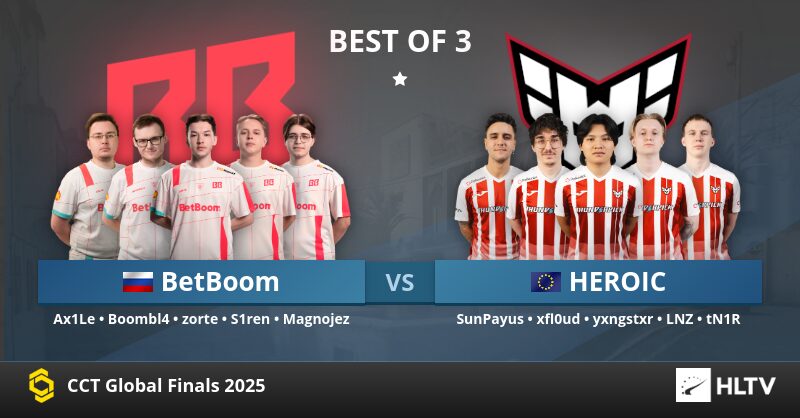
Recent tournaments show how community knowledge complements data-driven predictions:
- BetBoom vs HEROIC: Fans anticipated HEROIC’s flexible drafts could cause an upset, a nuance raw statistics initially missed.
- PARIVISION vs Team Falcons: Observations of synergy and laning performance allowed fans to foresee Falcons’ advantage.
- Xtreme Gaming vs PARIVISION: Historical consistency and long-term performance trends helped predict outcomes more accurately than short-term hype.
These cases illustrate how blending statistical analysis with fan observation creates richer, more accurate predictions.
The Future
The social and analytical sides of prediction continue to evolve:
- AI Integration: Predictive models enhance community analysis, combining machine learning with human insight.
- Crowdsourced Analytics: Reddit, Discord, and fan blogs provide qualitative insights that highlight hidden patterns.
- Live Prediction Tools: Real-time win probability tracking allows communities to engage interactively as matches unfold.
While Dota 2 remains unpredictable, the combination of analytics and community engagement ensures predictions are informed, interactive, and entertaining.
Conclusion – Dota2 match prediction tips
Dota2 match prediction tips are most effective when they merge statistical analysis with community insight. By factoring in team form, player metrics, draft choices, historical context, and fan discussions, predictions become more accurate and engaging. Whether for casual enjoyment, social interaction, or esports betting, this approach highlights the cultural and analytical richness of predicting outcomes in competitive Dota 2

